EngSpotlight Interview: Biomedical Engineering
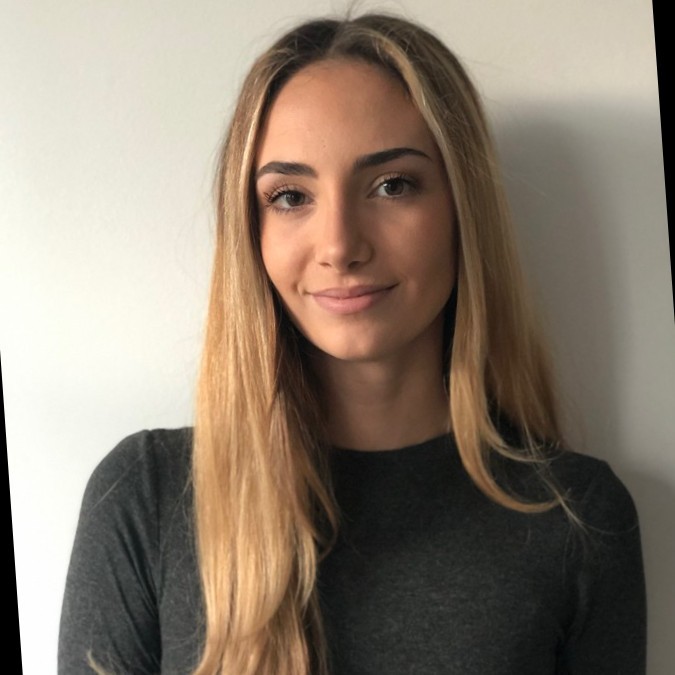
Hi, I’m Lianna. I did my undergrad in Biomedical Engineering at TMU, and I’m now in my Master’s, also Biomedical Engineering at TMU. And a fun fact about myself is that I played basketball for 10 years.
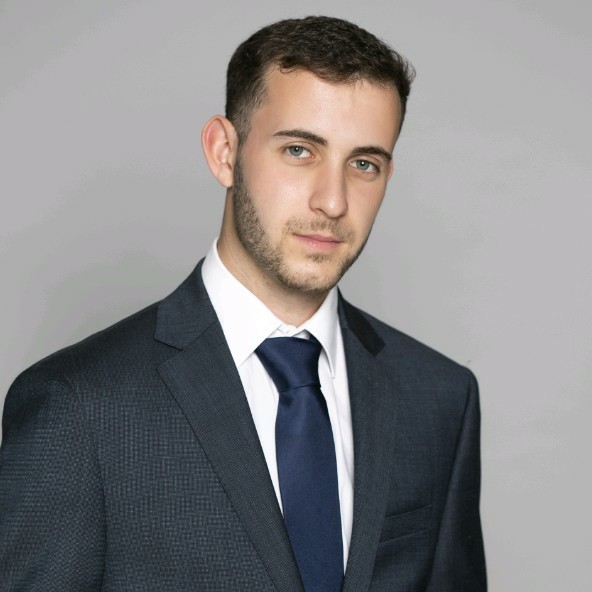
My name is Liam. I did my Biomedical Engineering undergraduate at TMU, and then went on to do my Master’s of Engineering at the University of Toronto. An interesting fact about myself, my time here at TMU as a big skateboarder, I still am a big skateboarder. I don’t know how often you see the guys in the pond still but, I was one of those.
What made you decide to go into Biomedical Engineering?
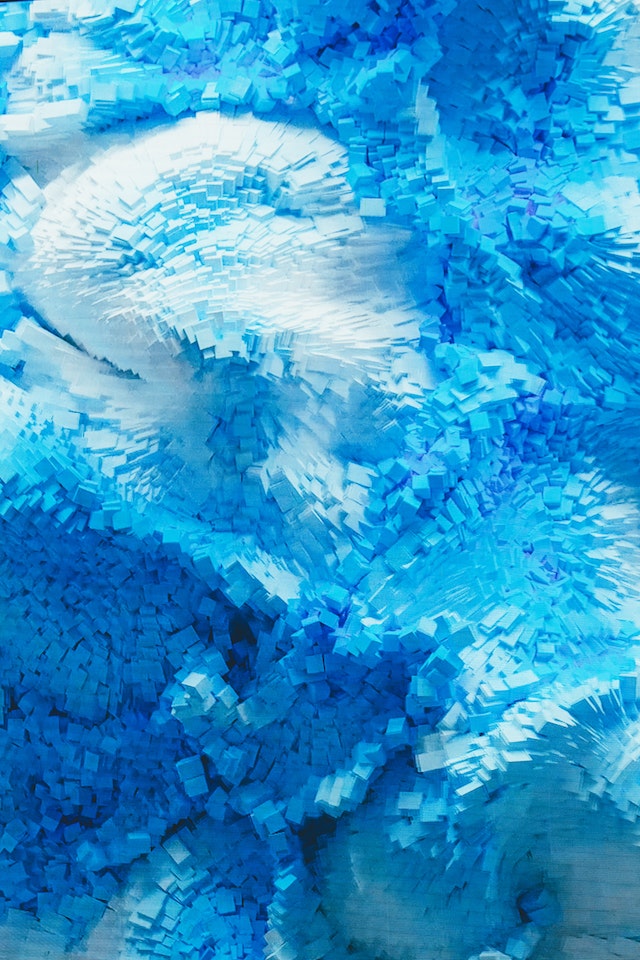
Lianna: When I was in high school I went to an all-girls high school, and I really didn’t know what engineering was. I was just good at math and science, so I always thought just doctor, I’m going to be a doctor. And then I have a cousin who is a year older than me and when she was applying to universities, she was telling me about what engineering was and about biomedical engineering. I then started doing my research and I learnt what engineering was on my own and I realized that this is for me because I love the science and I love the math part of it, and this combination of everything. So instead of being a doctor, this is a way to help the healthcare system and things like that. So that’s why I decided to go into it.
Liam: When I was in highschool, I liked science but I didn't want to be a straight scientist. Like I wanted to also be someone who could apply the science, and thus kind of what engineering is, like applied science. I also… Not going to say I liked math, but math was just "okay." So biomedical engineering was sort of like the middle ground where I was able to find my sciences and like my biology, and then I can also learn a bit more about like the "math-y" and physics stuff in engineering, and sort of combine those together. So when I was going to university fairs, I didn’t actually even know biomedical engineering existed when I was in Grade 12 and 11. It’s like going to those university fairs and reading those booklets, so I was able to see like, hey, this exists and it’s kind of a combination and it might fit what I want to do.
Check out the video interview!
What are you working on now?
Liam: I work at a medical device company called Conavi Medical. We are an intravascular imaging company, so we make sort of a whole imaging system for the coronary arteries which consist of sort of two modalities simultaneously so we use OCT which is optical tomography so laser, light beams and as well ultrasound imaging combined as a sort of one imaging head. I’m specifically working in the research and development department more specifically on the catheter team. So, day-to-day right now I'm working on the development of the next generation improved products. We already have one in market that’s approved in various egulatory body in those countries, and we are working on developing the next one, which is super cool. So soon I will get to see the product development lifecycle right from the start, and hopefully all the way to the end, if I'm still there when the product eventually launches.
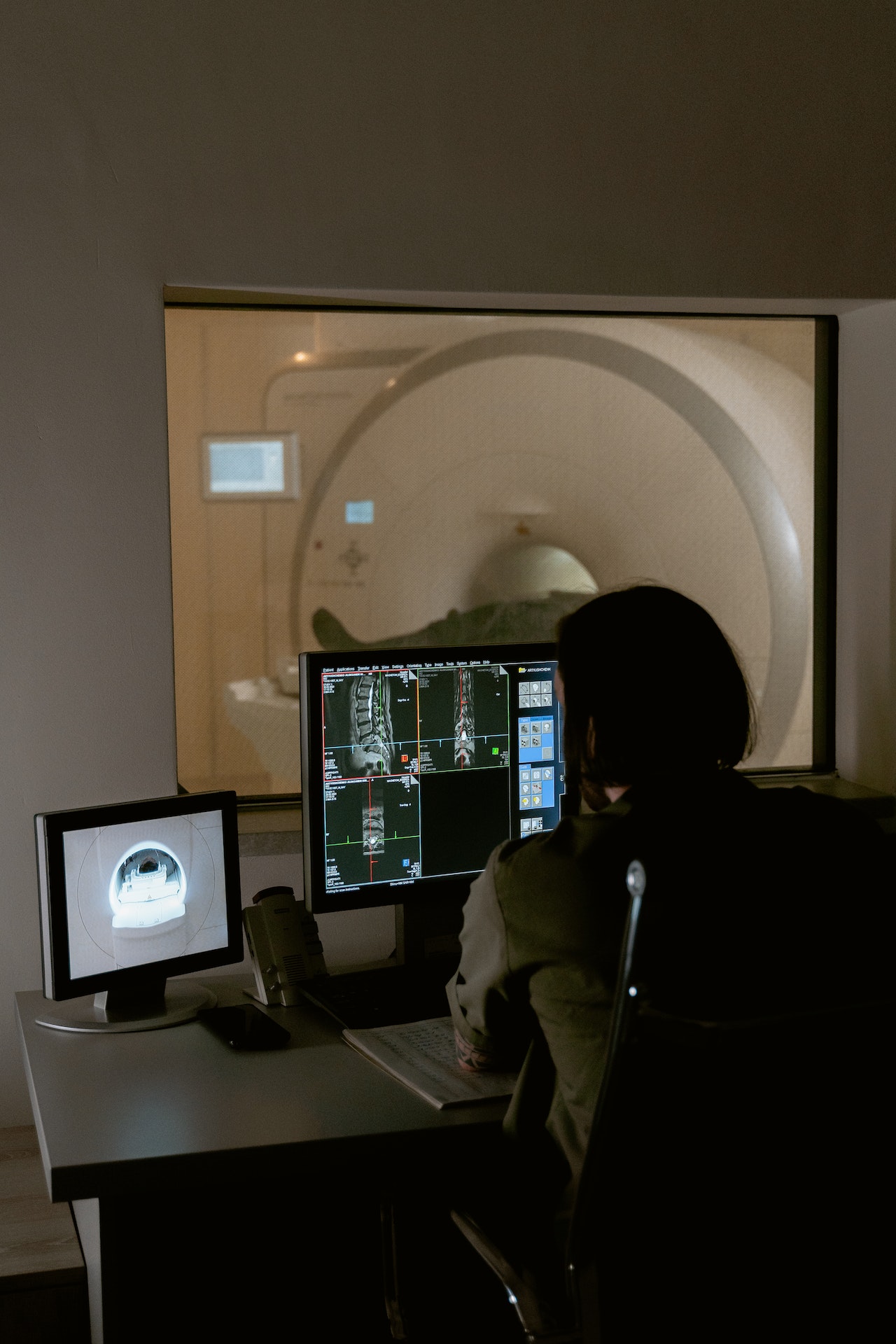
Lianna: I’m doing my Master’s in biomedical engineering at TMU. My specific field is called ‘Signals and Systems.’ My thesis is focused on using AI to diagnose images such as colon polyp images. Basically when you get a colonoscopy and you have colon polyps, they take a biopsy and you can basically detect cancer in these images, and pathologists do these visually. What my thesis is doing is to create AI to basically detect if there’s cancer in these images using computer aided diagnosis. And obviously, these are all engineering, so every engineering skill that I’ve ever learnt is being used in this. It’s a lot of coding everyday, it’s a lot of problem-solving which is why I think that a majority of engineering is just constant problem solving. Everything; time-management, coding, math, a lot of like the courses that I did in undergrad.
To Lianna: As a Research Assistant, how do you contribute to the research efforts at the IAMLAB lab?
So when I was in my undergrad, I was a research assistant for two or three years. I started 3rd year and then I did it throughout my co-op and then also in 4th year. And as a research assistant, I was assisting a postdoc student and his project, and basically what he was creating like AI to count the cells that are cancerous in breast biopsy images. What I was doing when I started was basically learn everything he had done and then help him with like side tasks that he needed. So I would spend my time just kind of like working alongside him and then after about, I would say maybe a year of helping him, luckily the lab that I worked for, at the IAMLAB, I was able to become more independent. So even though I was a research assistant I started getting my own projects and that was really good for me because I was able to learn so much. So once I started getting my own projects, from there it branches out, and then I realized I’m going to do my Master’s and so on.
To Liam: As a Research & Development Engineer, how do you contribute to the research and development efforts of intravascular imaging systems?
I’m part of a team that's right in the forefront. I’m on the catheter team so I work primarily on, I guess, the parts that go inside of the arteries, specifically the imaging head, like the transducer on the end of it. So we're doing a lot of just sort of testing on how do we optimize and enhance our signal? How do we get the best image quality? What's the best deliverability of this product, putting in under various test conditions, working with different suppliers, and manufacturers and a lot of sort of timelines and sort of seeing how everything flows from right at the catheter, at the imaging head, I guess through our patient interface module which the catheter connects into and moves from, all the way to the screen on our sort of console, that would show the physician both of those. So I guess really having a holistic standpoint of the whole system and as well as seeing how these specific attributes that I just mentioned also go into that. I do some MATLAB on some day-to-day, signal analysis there, some electronics, work with some biomedical signals, cool stuff like that.
What are the different fields that Biomedical Engineers can specialize in?

Lianna: For biomedical engineering, there’s basically 3 branches that you can go into. So, ‘Signals and Systems’, which is what I focus on which is like anything that's AI-based, coding, image processing, like medical images.
And then there is ‘Biomechanics.’ Biomechanics is like robotics, prosthetics, and medical equipment. It’s more like the circuits, and hands-on robotics side of it.
And then there’s ‘Biomaterials’ which is basically like materials and how they interact with tissues and human body in creating like lab-on-chip and basically like nanoparticles and drug delivery, things like that.
So that’s like 3 main branches, and so in undergrad you can notice in first and second year, the courses are very general, but then thirs year and fourth year, you notice which courses are diving more into those 3 separate fields.
Liam: I mean, there's a lot for sure. And you know, even I've seen when people get their biomedical engineering degree, it doesn't mean you need to be a biomedical engineer. You have an engineering degree at the end of the day, so I've seen a lot of my peers that graduated with me just go off into totally different career paths. Some go to business, some go to medical school, so you can definitely go to med school if you want to be a doctor. But if you want to stay within biomedical engineering, like I did myself, there's a lot of different fields like, I'd say, imaging, obviously, because I'm doing some imaging.
So image analysis, signals analysis, you can work with, I guess, small biomedical signals and biomens and just think about how we can either non-invasively or invasively, you know, monitor different biosignals from the body. So that's some cool stuff.
I guess, there's also more like exoskeletons, on a more macro scale. You can work on a lot of like prosthetic exoskeletons, a lot of biomedical engineers go to companies that do assistive devices and just help people with various disabilities or maybe diseases or if they've been hurt in an accident. So the field is very wide, and it uses a lot of different types of engineers, like as a biomedical engineer, you learn a little bit of electronics and you learn a little bit of coding, you learn a little bit of mechanics, and then you teach yourself the rest, and you kind of mold that all together and you kind of just find yourself in a position where it's like, okay, there's a problem, maybe of quality of life and how can I better improve this for the patient or the person, in any means possible?
Career advice: For our future engineers who want to enter labs and companies such as yours, what is looked for in a candidate? What skill sets should they have or what do you view as “most needed” skills?
Lianna: I would say to work in a lab or to become a grad student and get accepted, I would say it depends what path you want to go in engineering, but for ‘Signals and Systems,’ it is a lot of coding. Start doing coding projects.
For skills specifically I would say, in engineering, problem solving. Demonstrate that you have good problem solving skills because that’s everything research is. Research is literally like, this is the problem and figure out how you're going to solve it. Like what are you going to do, what steps are you going to take, oh you did this work and it’s not working out, okay, how are you going to fix it? You have to read papers and figure it out on your own.
Just demonstrate that you can independently be able to solve problems and work on your own. You don’t need somebody there holding your hand. So have good grades, demonstrate problem solving, independent working and, yeah, I think those are the 3 main things I would say for working in a lab, or grad school.
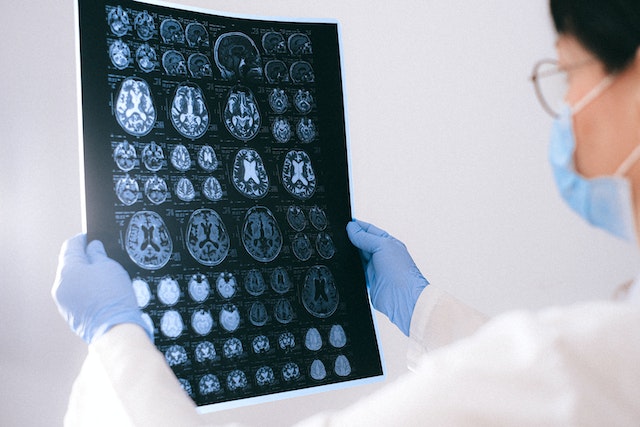
Liam: I think the thing that sets you apart, at least from the interviews that I remember doing is, your soft skills and how else did you get involved outside of the classroom and how did those projects improve your knowledge and help you practice for real world applicable cases?
There's a lot of other situational questions, you're showing that you have good leadership, good collaboration, all that basic stuff. And also, outside of your academics, what are you doing? For example, if you want to apply into a biomedical company, have you taken it upon yourself to maybe do your own projects on the side? Maybe try a wireless heart rate monitor with Arduino?
Or it can be very simple things such as what student clubs have you joined? Within those student clubs, what have you done? Maybe it's not directly engineering specific but hey, I organized these events, demonstrated leadership, demonstrated organization, demonstrated how I was able to work with like cross-functional teams to host this large event.
Stuff like that, that when you put on your resume, employers will pick out on your interview, so it's definitely not all about school and it's definitely not all about engineering, engineering, engineering. There's a lot of other well-rounded attributes that you can really bring in to strengthen yourself, and they really want to see how is this person going to fit in our company.
Knowing what you know now, is there anything different you would have done in your engineering pathway?
Lianna: Yes, if I could go back, I would get more involved in like first and second year. I think that in first year engineering, I was very scared and I thought I just needed good marks. I didn’t realize that down the line, jobs and co-ops and applications are not going to just look at your transcript but they’re are also looking at what experiences you have, and I didn’t know that at first year.
So first year, I was like head down, not doing anything else, I’m just going to focus on getting good grades. I didn’t even go to my own frosh in like transitioning into first year, and I regret that! I didn’t get to meet friends until like second year.
I would have participated more in like case competitions or applying to different things instead of just thinking like school was the only thing. I didn’t realize that until third year, so I definitely think that if I could go back, I would say, get more involved, grades are not everything at the end of the day.
What advice would you give for first-year engineering students?
Liam: So school, it's definitely important. Your academics are important. You should try to do as best as you can do in first year. I feel like I'm obligated to say that, but it's very important.
But aside from that, I think you should try to make time for other things. If you just dive into first year only stressing about my calculus midterm, that's like every other week or something, or like my physics midterm or all that… You have to focus on those but you're gonna burn out really quick. I think you need to find some sort of extracurricular group in your first year. That is sort of your release that you enjoy doing outside of the classroom.
For me, as I mentioned earlier, I joined this group called Tetra. In first year, I was able to just work on a project. It was an assistive communication device for someone who is paralyzed to a wheelchair and has like a speech impediment so they had to sort of talk through head motion. We designed this 3D printed halo that would connect to their wheelchair and then they would press different sensor inputs to like speak out on a tablet, and that was like, super cool.
If it's not extracurricular, even, like I said, I skateboard in the pond sometimes, like just go out and skateboard, go out and ride your bike, go and play your guitar or something. Make sure you still keep a part of what you like to do. Don't get too consumed and bogged down by the academic gap because it is tough.
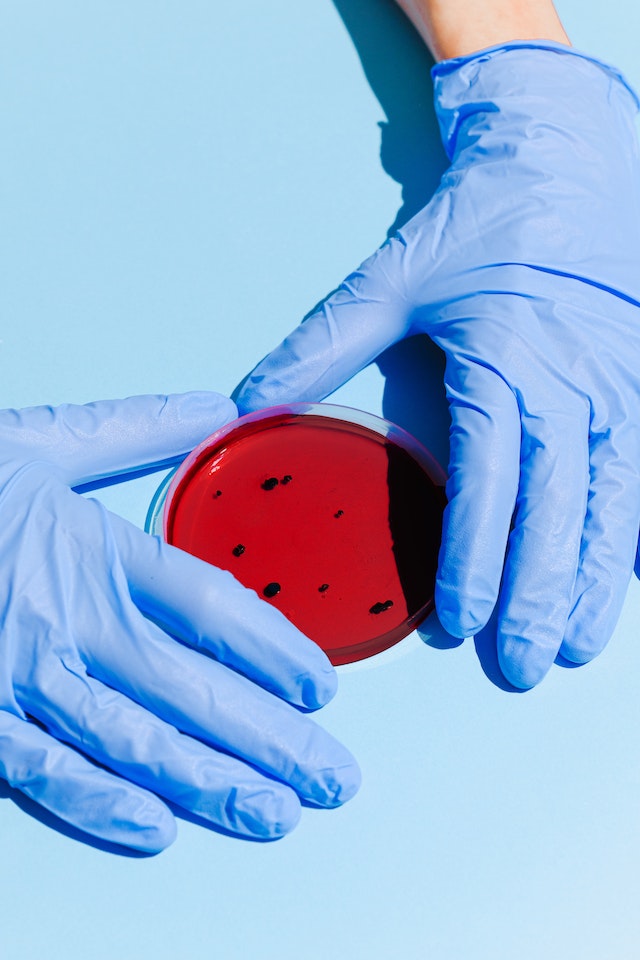
Lianna: Advice, I would say, take breaks. Don’t burn yourself out and think that this is everything you need to do 24/7. No, you deserve a break every once in a while. I would say for first year, do not get discouraged because first year gets very scary especially after that first round of midterms when you get your marks back. I remember just feeling down about myself because I had such great marks in high school and they do lower a little bit when you come to university and it’s hard but just about everybody is going through the same thing. Don't feel super hard on yourself since first year is a transition.
I would say, learn how to manage your time. You’re going to have to put in a lot of work if you want to get through this and I'm sure you already know that, so just be ready to put in your work, take breaks and don’t feel discouraged in yourself and you'll be good. And get involved, too! That’s what I would say.